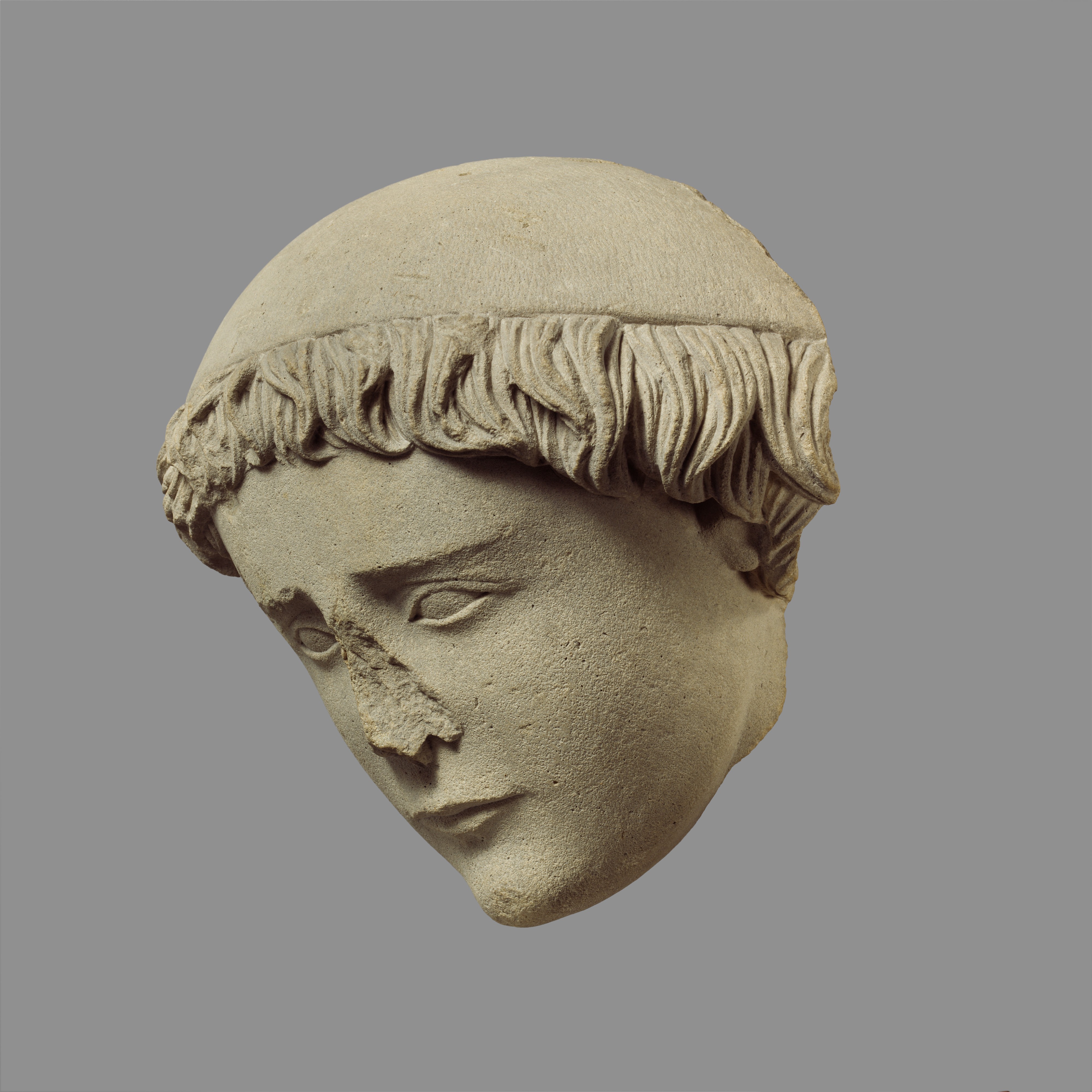
The stories of these peoples demonstrate the interconnectivity of their culture and identity with their land. However, Indigenous Peoples’ assertion of those rights has, in many cases, been answered with brutality and even murder. Strategies including territorial self-governance, mobilization, rights-awareness campaigns and legal cases, among other initiatives, are helping to protect Indigenous Peoples and their rights. By uniting and organizing themselves, Indigenous Peoples are protecting their lands and territories, livelihoods and knowledge from the influx of businesses, settlers, and other dominant or armed groups. Loss of their lands and natural resources threatens their economic security, sociocultural cohesion, their human dignity and their survival as distinct peoples. Indigenous Peoples worldwide share a deep and essential connectedness with nature. The global COVID-19 pandemic has indeed magnified challenges and inequalities that Indigenous Peoples face, but it has also shown us the incredible resilience of Indigenous Peoples who have addressed the pandemic through activating self-determined protection mechanisms, based on their Indigenous knowledge and cultural practices, through reviving food and trade systems and by tackling the critical need for culturally appropriate information in Indigenous languages.

Today, however, there is an increasing appreciation of the value and potential of traditional knowledge and cultures. A great deal of that traditional knowledge has been undermined and destroyed by colonizers and post-colonial states who have imposed their own systems of law, knowledge and worldviews on Indigenous Peoples. Traditional knowledge, languages, practices, and traditional resources have been managed by Indigenous peoples since time immemorial. Traditions, cultural practices and values of Indigenous Peoples can play a critical and positive role in advancing and promoting equality and human rights.īut Indigenous peoples’ cultures today are threatened with extinction. Culture is one of the six mandated areas of the Permanent Forum and is inextricably linked to Indigenous Peoples’ identities. Indigenous Peoples have, over the course of generations, developed rich sets of knowledge about the natural world, health, technologies and techniques, rites and rituals and other cultural expressions.


 0 kommentar(er)
0 kommentar(er)
